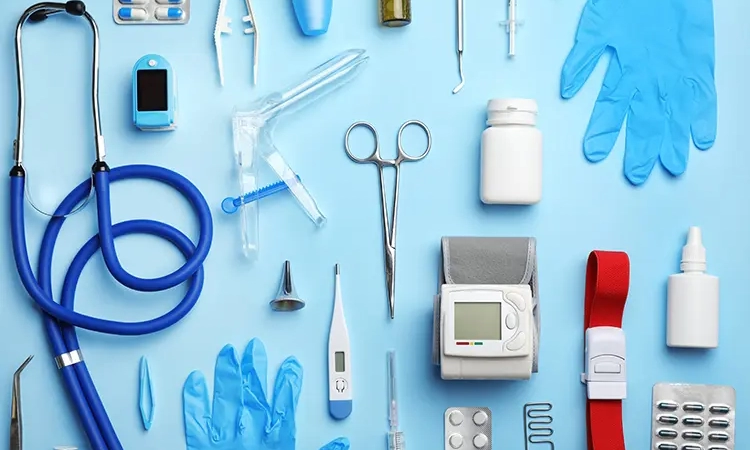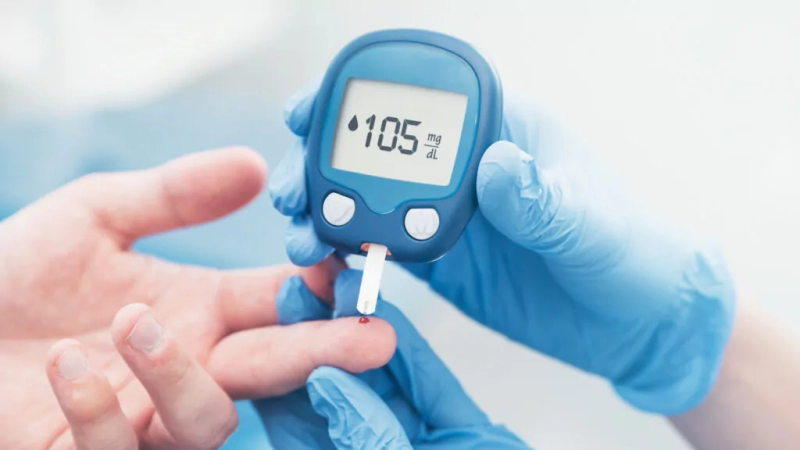South East Asian countries including India, Philippines, Thailand, Malaysia, Singapore, Indonesia, Vietnam are currently in the process of developing standards for the regulatory approval processes for medical devices, drugs and cosmetics.
The Indian medical device and drugs regulatory approval body has made a decision to stop repeat animal testing to grant approval for a new drug. Medical device regulatory consultants noted that, in a recent meeting the chief advisory body of the Indian government, Drug Technical Advisory Board (DTAB) has decided to look for an alternative method. The drugs which have complete toxicological data from other countries may not require further toxicology study. Maneka Gandhi, Minster of Women and Child development had earlier written to the Health Minster regarding toxicity studies on animals under Drugs and Cosmetics Rules, 1945. It stated that India should respect the other countries data on pre-clinical/toxicity studies and it not necessary for the Central Drug Standard Control Organization (CDSCO), the regulatory body of India to do studies further. READ ALSO: Achievements of the Central Drug Standard Control Organization.
Investigational New Drug (IND) Committee also suggested if complete date as prescribed is submitted during the application of drug approval the toxicity is not required. They also encouraged to use alternative methods exploreing internationally other than animal studies. The DTAB agreed to the IND committee after deliberations. India has also banned the cosmetics which was tested animals.
Other News
India Medical Device Pricing Strategy: Ensuring Growth & Affordability
India’s National Pharmaceutical Pricing Authority (NPPA) is developing a specialized India medical device pricing strategy for medical devices, transitioning away from the conventional drug-centric framework. This innovative strategy will incorporate international pricing tactics tailored to […]
Read MoreImports of High-Value Medical Equipment
High-Value Medical Equipment The Central Drugs Standard Control Organization (CDSCO) and the Central Board of Indirect Taxes & Customs have released a new circular, “F.No.401/40/2021-Cus.III,” detailing updated policies on the import of used high-end medical […]
Read MoreSEC Committee: Pioneering Medical Approvals
New important article released by Central Drugs Standard Control Organization (CDSCO) titled “SEC – Special Expert Committee, Medical Devices”. Key highlights include the streamlined processes for CDSCO application evaluations, preparation and significance of briefing materials, […]
Read MoreErlySign Oral Cancer Detection Technology Gets CDSCO Nod
ErlySign, a Nagpur-based biotech startup, has received approval from the Central Drugs Standard Control Organization (CDSCO) to conduct large-scale clinical trials for its novel oral cancer detection technology. The approval for ErlySign follows a rigorous […]
Read MoreAdditional Steps Announced by FDA to Modernize Clinical Trials
The U.S. Food and Drug Administration has made draft guidance available with updated recommendations for good clinical practices (GCPs), which are intended to modernize the clinical trial design and conduct while maintaining data integrity and […]
Read MoreAccreditation and Registration Numbers for Foreign Manufacturers Publication by PMDA
This article deals In accordance with the Pharmaceuticals and Medical Devices Act (PMD Act) of Japan, foreign businesses that wish to produce pharmaceuticals, quackery products, active pharmaceutical ingredients (APIs), or medical devices abroad and import […]
Read MoreBSI New Certification to Mitigate Antimicrobial Resistance Risk in Antibiotic Manufacturing
BSI, the business improvement and standards company, has developed a new certification to mitigate the risk of antimicrobial resistance (AMR) in antibiotic manufacturing. The certification, called the Minimized Risk of Antimicrobial Resistance (AMR) certification, will […]
Read MoreTUV SUD Inspects IVD Medical Devices’ Cyber Security
The growing digital connectivity of medical infrastructure is resulting in complicated systems with a plethora of diverse interfaces that are potentially vulnerable to assault. The IVD requires producers to provide proof of cyber security before […]
Read More


